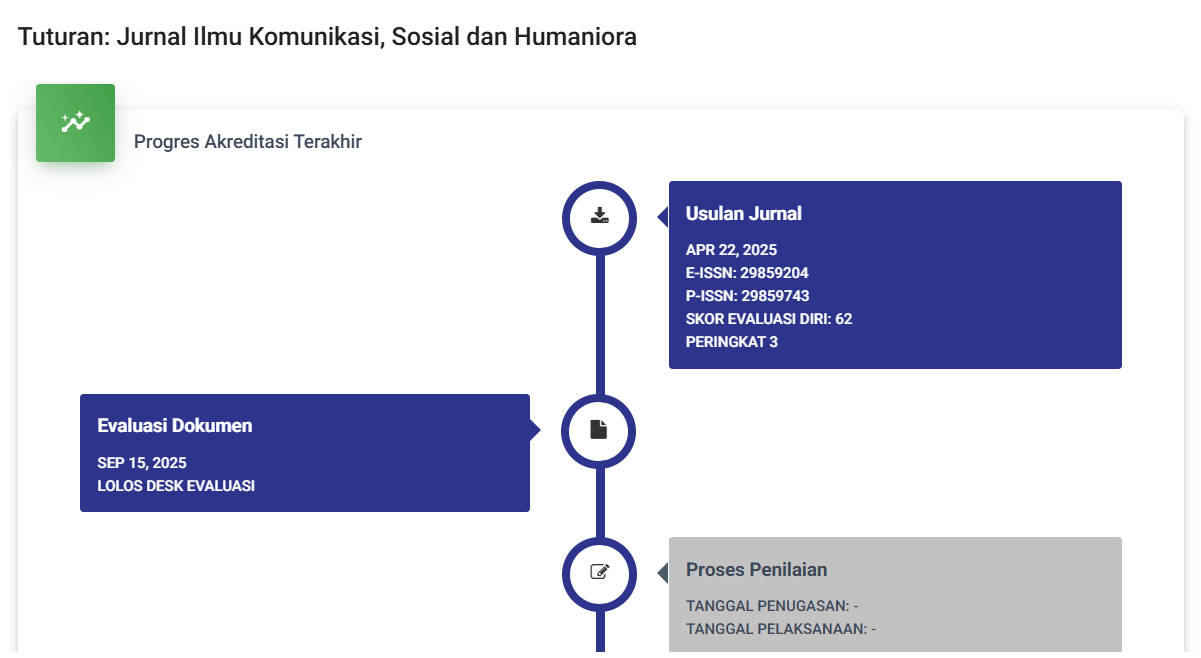Peran Orang Tua Dalam Mencegah Kenakalan Remaja
DOI:
https://doi.org/10.47861/tuturan.v1i2.155Keywords:
totemism, religion, social system, art and culture.Abstract
The role of parents is the duties and obligations that must be carried out by parents, where taking this role influences the child's level of independence later. The role of parents is not only seen as a teacher, but can be a guide, mentor, and also a model for their children. In the process that was carried out by parents, various problems occurred, between children who had received disgraceful treatment from peers, parents' mistakes from the start spoiled their children, not only that, there were parents who succeeded in forming their child's independence. This study uses qualitative research methods and uses a phenomenological approach to find the meaning of a phenomenon under study. This research was also strengthened through observation and interviews to obtain data regarding the influence of the role of parents in shaping and increasing children's independence. In this study using the theory of Symbolic Interactionism by George Herbert Mead which explains the process in which individuals interact with themselves using various meaningful symbols. Symbolic interactionism is based on ideas about individuals and their interactions with society, through communication or the exchange of symbols that are given meaning. This symbolic interactionism exists because the basis for forming meaning originates from the human mind (Mind), self (Self), and relationships or relationships in the midst of social interaction and interpreting meaning in society (Society).
References
Jehamat, L., Jelahut, Y. E., & Damanik, D. A. (2020). Hoaks, Politik dan Risiko
Masyarakat Modern. JAP UNWIRA, 1(1), 35-42.
Zinn, J. O. (2004). Social contexts and responses to risk network (SCARR).
Beck, Ulrich Living in The World Risk Society, Economy and Society Vol. 35 No. 3,
Giddens, Anthony. 1999. Risk and Responsibility, The Modern Law Review Vol 62 No.1
BECK, Ulrich. Masyarakat Risiko: Menuju Modernitas Baru. Yogyakarta: Kreasi
Wacana, 2015.
Ariyanik, S., & Suhartini, E. (2012). Fenomena kenakalan remaja di desa Wonorejo kabupaten Situbondo. Jurnal Entitas Sosiologi, 1(2), 16-26.
Utami, N. D., & Suhartini, E. PERILA Jannah, R. (2017). Kenakalan Remaja Disebabkan Hilangnya
Nilai-Nilai Pergaulan. Jurnal Ilmiah Umum (JIUM), 1(1).KU MEROKOK PADA ANAK USIA SEKOLAH.








